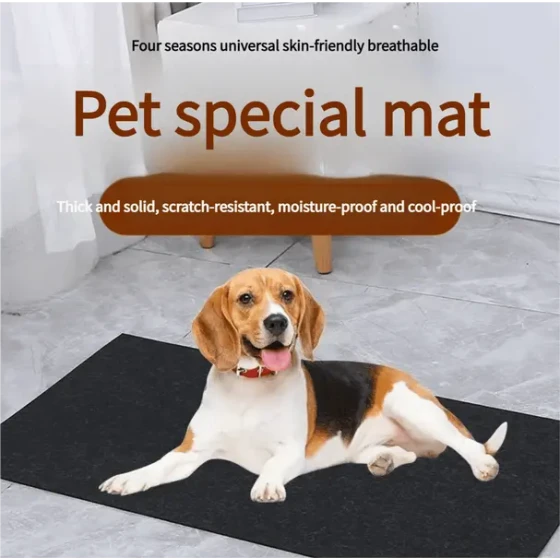Divergent Opinions Among Pet Owners on Spaying and Neutering Dogs and Cats

Yorkshire Terrier (Detailed Introduction)
In the past, dogs and cats were mostly free-range, allowed to mate and reproduce, with newborn dogs and cats given away one by one. Now, many people regard dogs and cats as pets, and many have greatly changed their pet-keeping ideas. If the dogs or cats are not for breeding, owners generally do not want their pets to go through the painful processes of pregnancy and childbirth. However, pets in heat can cause some trouble for owners, so some parents advocate spaying and neutering, while others think it unnecessary. So what exactly do they think?
1. Considerations for Implementing Pet Sterilization
1. Achieve a Better Life
Too many pets not only increase the burden on owners but also affect the overall quality of home life. After all, no one can raise a large group of cats or dogs with enough care and attention for each pet.
2. Avoid Many Troubles
Spaying and neutering can prevent problems caused by pets in heat, such as male dogs attacking other dogs or female cats’ "sexy" meowing during estrus. It can even help improve bad habits like male dogs urinating everywhere.
3. Don’t Let the Numbers Increase
Many owners send puppies or kittens to shelters or abandon them because they cannot support their offspring. To effectively reduce the number of stray cats and dogs, apart from adopting instead of buying, sterilization can reduce the number of abandoned pets.
4. Sterilization Surgery is Beneficial
Although sterilization surgery has always been controversial, with pros and cons debated, many studies show that spayed or neutered cats and dogs have a significantly reduced risk of many diseases.

Husky (Detailed Introduction)
2. Considerations for Refusing Pet Sterilization
1. Believe in Excellent Pedigree
Many owners believe their pets are the cutest and therefore want to preserve their lineage, thinking their pets have superior pedigree and want to maintain it.
2. Male Dogs Won’t Get Pregnant
Many owners keep male dogs because males do not experience pregnancy or estrus. Some owners mistakenly believe since their dog cannot get pregnant, neutering is unnecessary.
3. Pet Gains Weight After Sterilization
Many owners worry about physical changes like weight gain after sterilization. While hormonal changes post-surgery can increase the chance of weight gain, the key is to adjust diet and exercise accordingly!
4. Worry About Changes in Temperament
Besides physical changes, many owners also worry about psychological changes, fearing that spayed or neutered pets might feel inferior or depressed.
5. Concerned About Postoperative Infection
All surgeries carry some risks, causing many owners to refuse sterilization. However, with current medical advances, the risks of sterilization surgery have greatly decreased!

Norwegian Forest Cat
3. When is the Right Time to Neuter Dogs?
When deciding to neuter a dog, the question is when is the best time? Too early can affect normal hormone secretion and thus development, causing substantial physical effects. But if done too late, the owner must endure troubles caused by male or female dogs in their physiological cycles. Therefore, neutering male dogs around seven or eight months old is better. For female dogs, it is best if the owner can tolerate the first heat cycle's troubles and neuter after the first estrus to ensure the dog has reached sufficient overall growth and development.
4. When is the Best Time to Spay Cats?
In the U.S., most veterinarians recommend sterilization at two months old. However, in Taiwan, kittens at two months are often busy with illnesses like upper respiratory infections, fungal infections, ear mites, and vaccinations. Therefore, it is mostly recommended to perform the surgery at five to six months old, when cats are healthier and surgical risks are lower. It is best to operate before heat to avoid postoperative sexual urges.
Different countries, cities, and people have different views on pet sterilization. When unsure, consult local veterinarians, who can give reasonable advice based on the pet’s condition.



